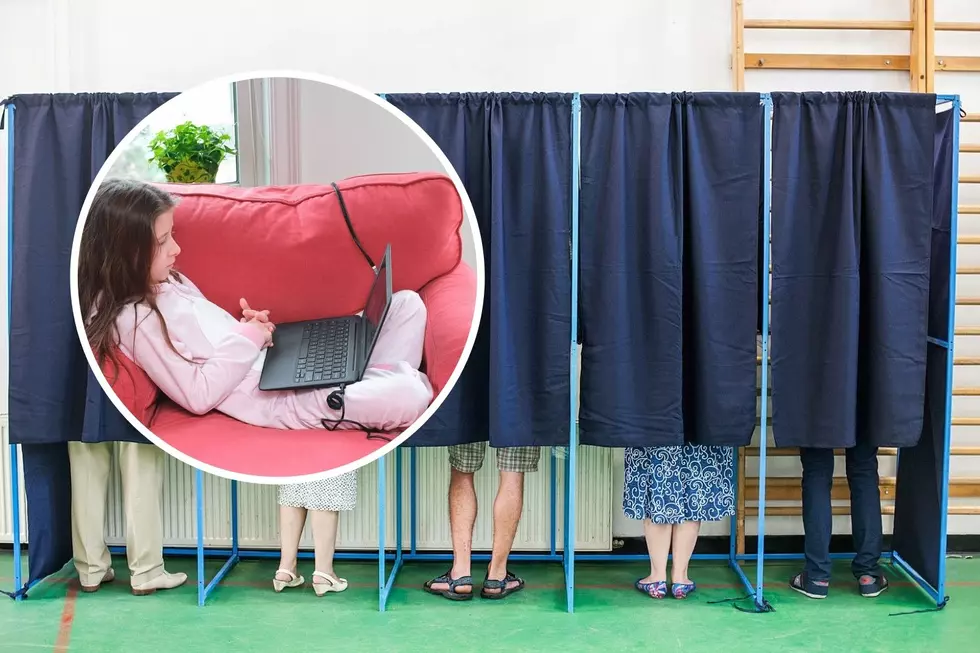
Dealing with chronic absenteeism in NJ
A new measure aims to fight back against chronic absenteeism at New Jersey schools across the state.
“Chronic absenteeism is a huge issue in New Jersey. About 10 percent of the state’s total student population was chronically absent last year,” said state Sen. Diane Allen (R-Cinnaminson). “If you’re not there you’re not going to get the lesson. If you don’t get the lesson, you’re not going to keep up and if you don’t keep up you’re probably going to drop out.”
According to a report released in September by Advocates for Children of New Jersey (ACNJ), an eye opening 125,000 New Jersey students were considered chronically absent in the 2013-2014 school year.
On Monday, a bipartisan bill was introduced to track and address the problem.
Based on recommendations in the ACNJ report, the legislation sponsored by Allen and Senate Education Committee Chairperson Teresa Ruiz (D-Newark) would require the New Jersey Department of Education (NJDOE) to include data on chronic absenteeism for each school in its annual School Report Card.
The measure would also require the creation of a coalition of parents and teachers to develop a plan to address the issues leading to chronic absenteeism in any district where 10 percent or more of students are chronically absent.
“That basically would be done at the school level communicating to parents about the importance of school attendance,” Allen explained. “We need to establish contact with the parents if their kids are showing that they are chronically absent and we need to identify whatever barriers there are to school attendance and then try to figure out how we can overcome those hurdles.”
To be considered chronically absent, a student must have missed 10 percent or more of school days ether with excused or unexcused absences. The ACNJ report revealed the average median, average number of missed days for these students was 23. While this was primarily a problem in low income areas, affluent school districts were not immune.
“This impacts on test scores. National studies and data right here in New Jersey show that students that students who miss three or more school days in the month before national exams scored significantly lower on both the language and math tests,” said ACNJ Executive Director Cecilia Zalkind when the study was released.
Students with good attendance scored 11 points higher on reading tests and 13 points higher on math tests than those who were chronically absent, according to the NJDOE.
Kevin McArdle has covered the State House for New Jersey 101.5 news since 2002. Contact him at kevin.mcardle@townsquaremedia.com. Follow him on twitter at @kevinmcardle1
More From New Jersey 101.5 FM









